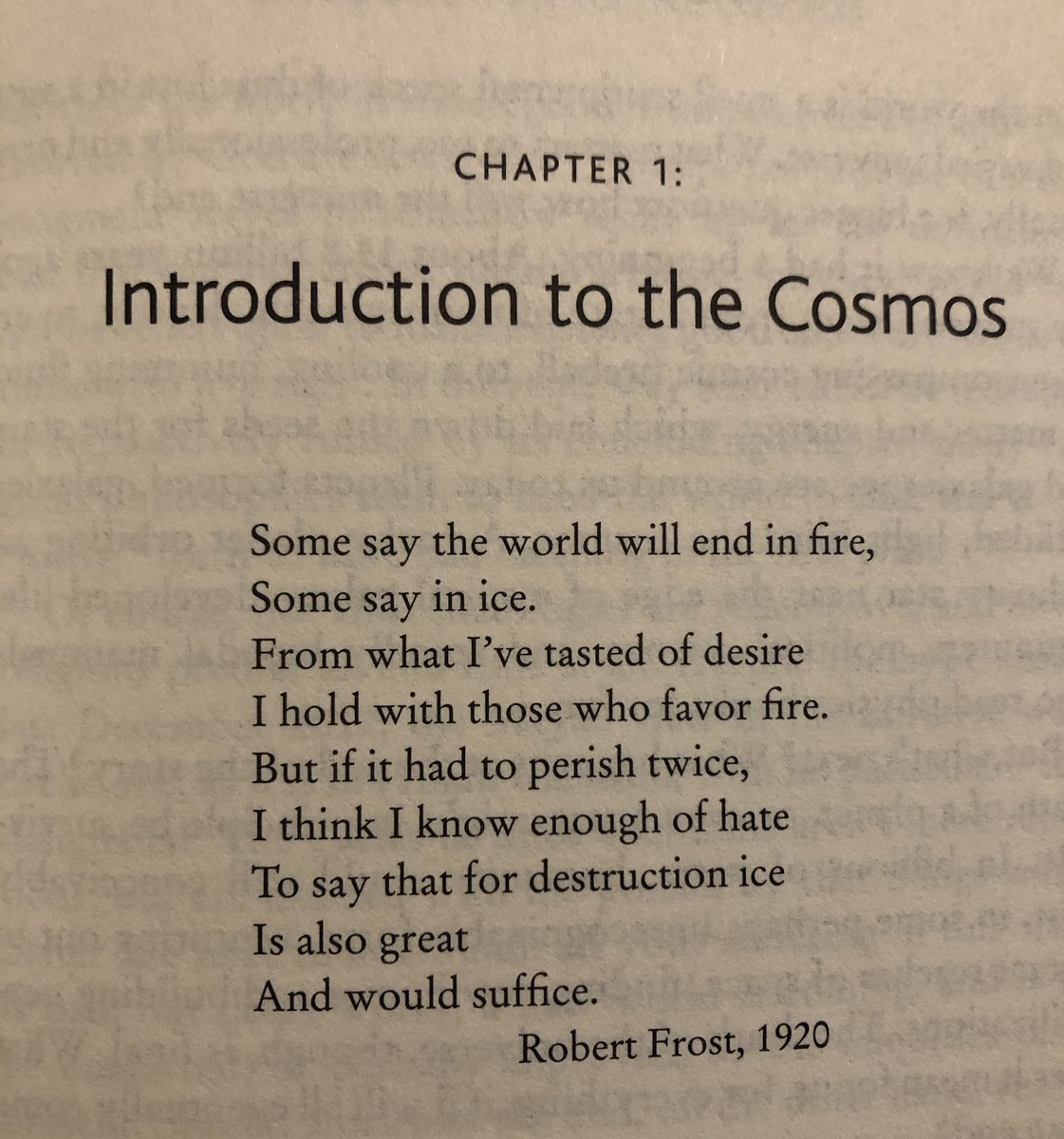
I keep thinking about how the public and government response to COVID might be different if (sensible) patient privacy rules and safety concerns didn't prevent TV crews from constantly broadcasting close-up dispatches from inside the ICU front lines.
Comparing US fatalities from COVID-19 with those from wars makes it clear it's not because the pandemic is less deadly that so little is being done on a national level. I think it's partly because we mostly don't actually see it happen.
Note: I'm NOT saying we SHOULD put TV cameras in patient rooms. I don't think that's a good or simple solution. I'm just thinking about the implications of this all being behind closed doors.
(As a nation we don't really have an amazing track record of taking action to stop the suffering of people we don't see.)
• • •
Missing some Tweet in this thread? You can try to
force a refresh









